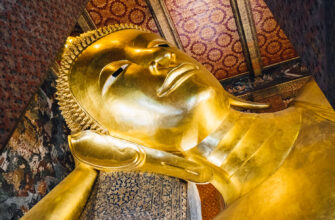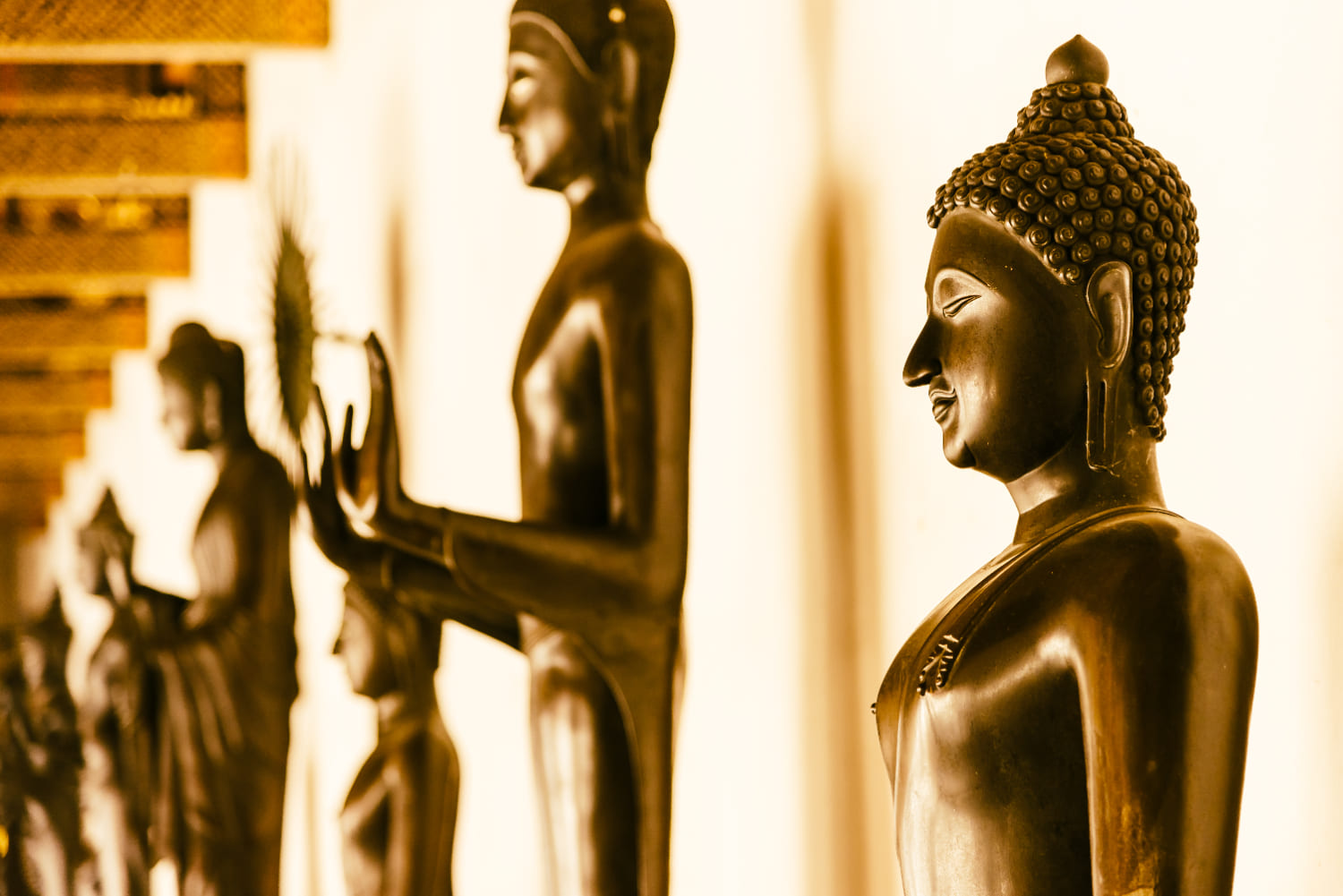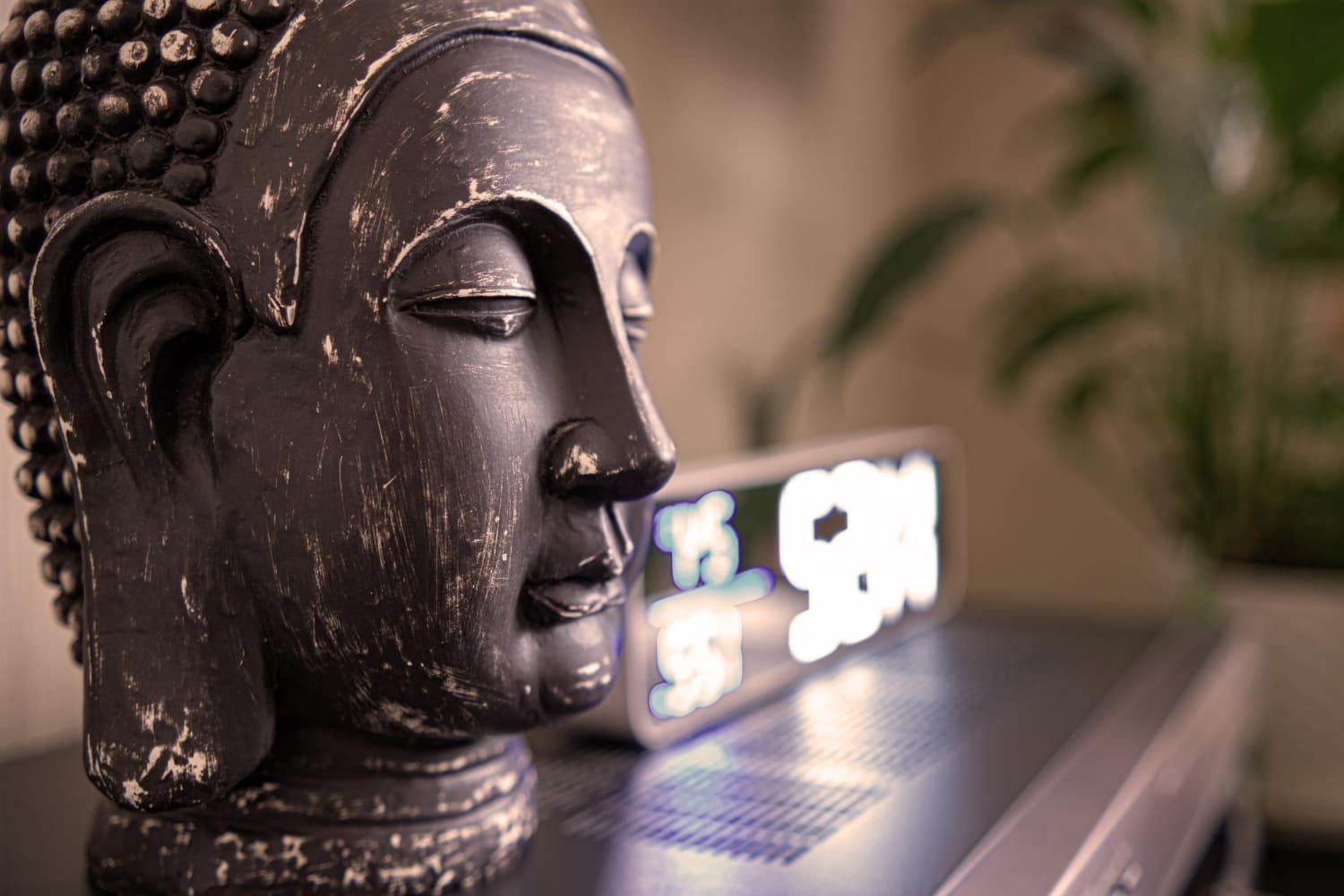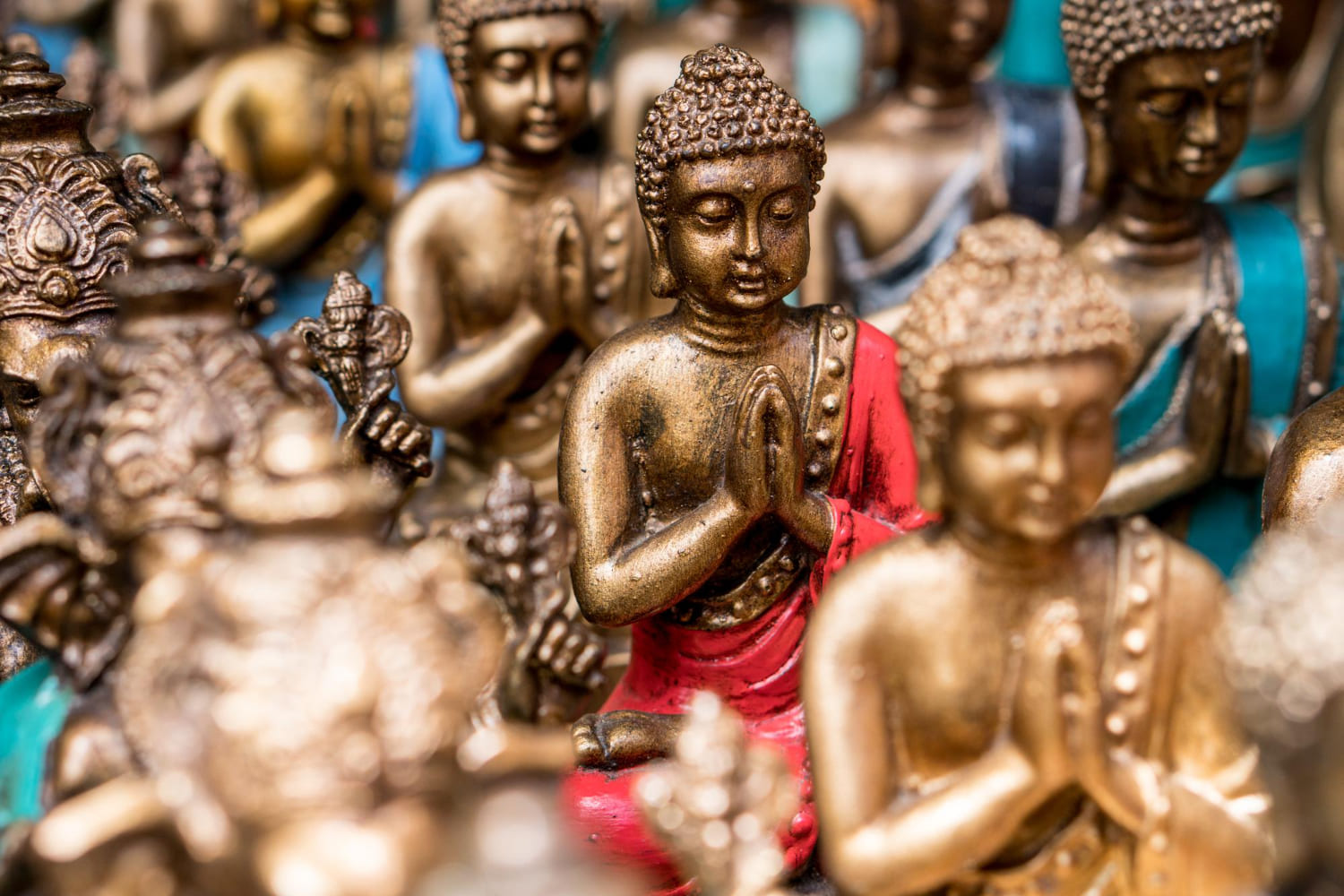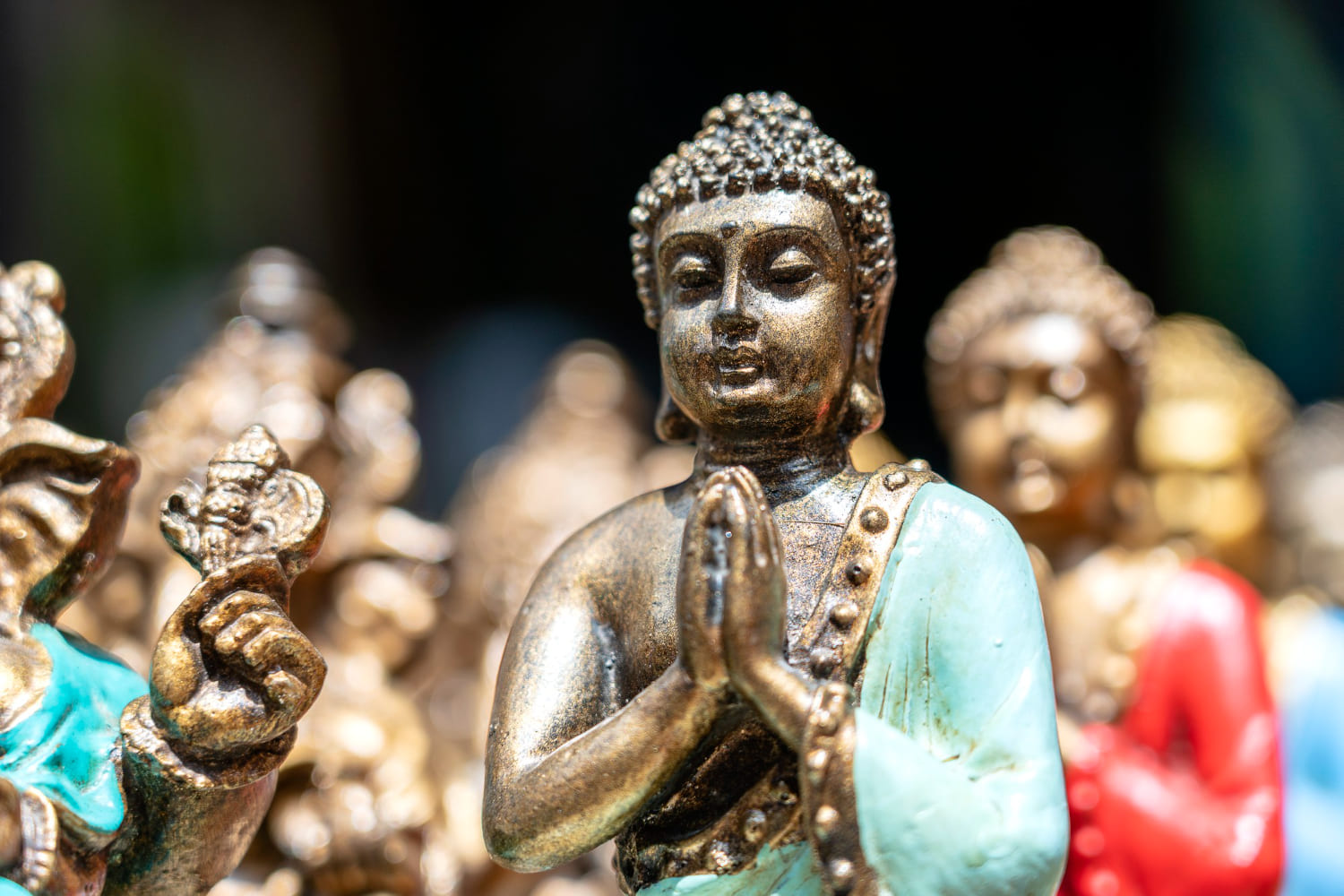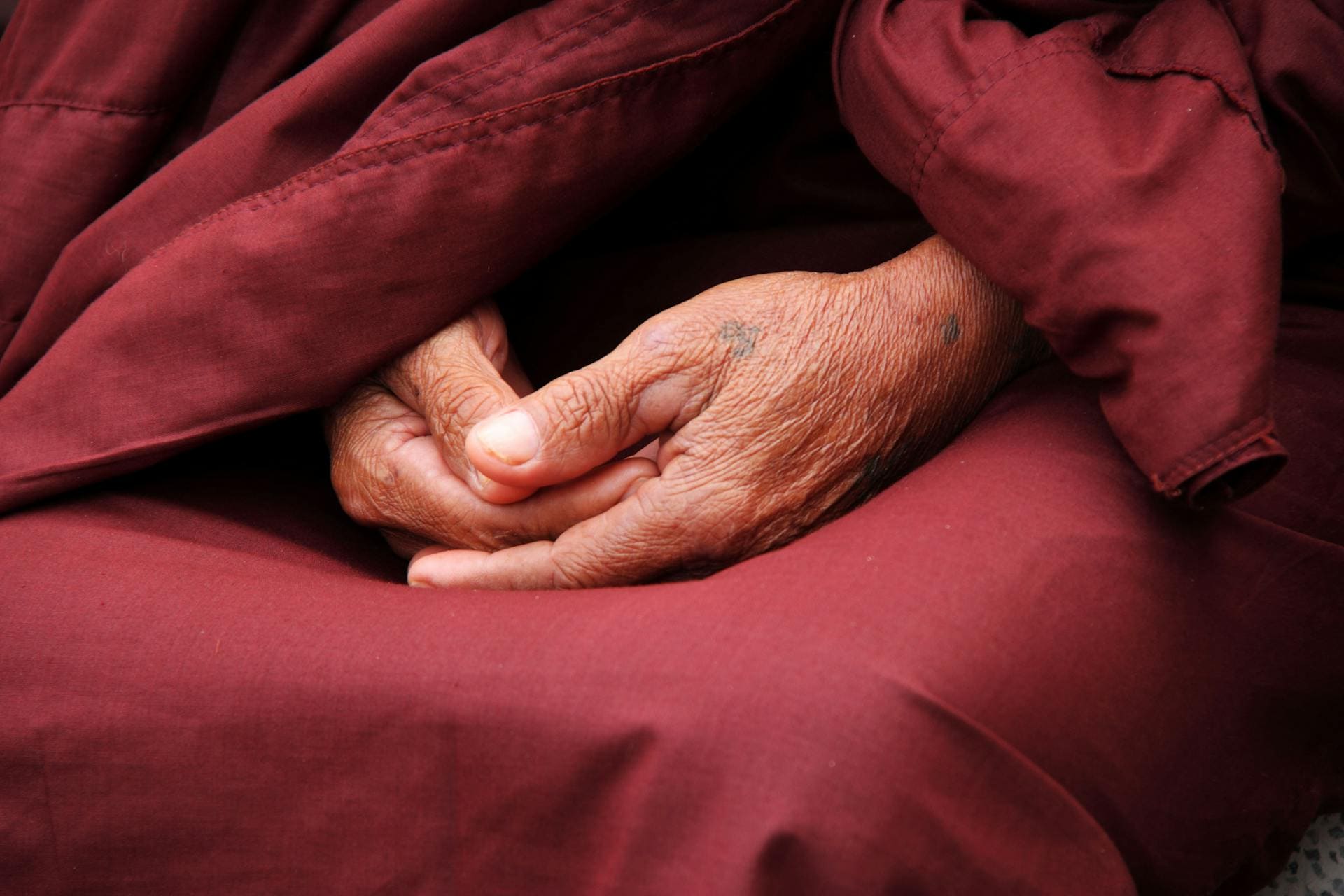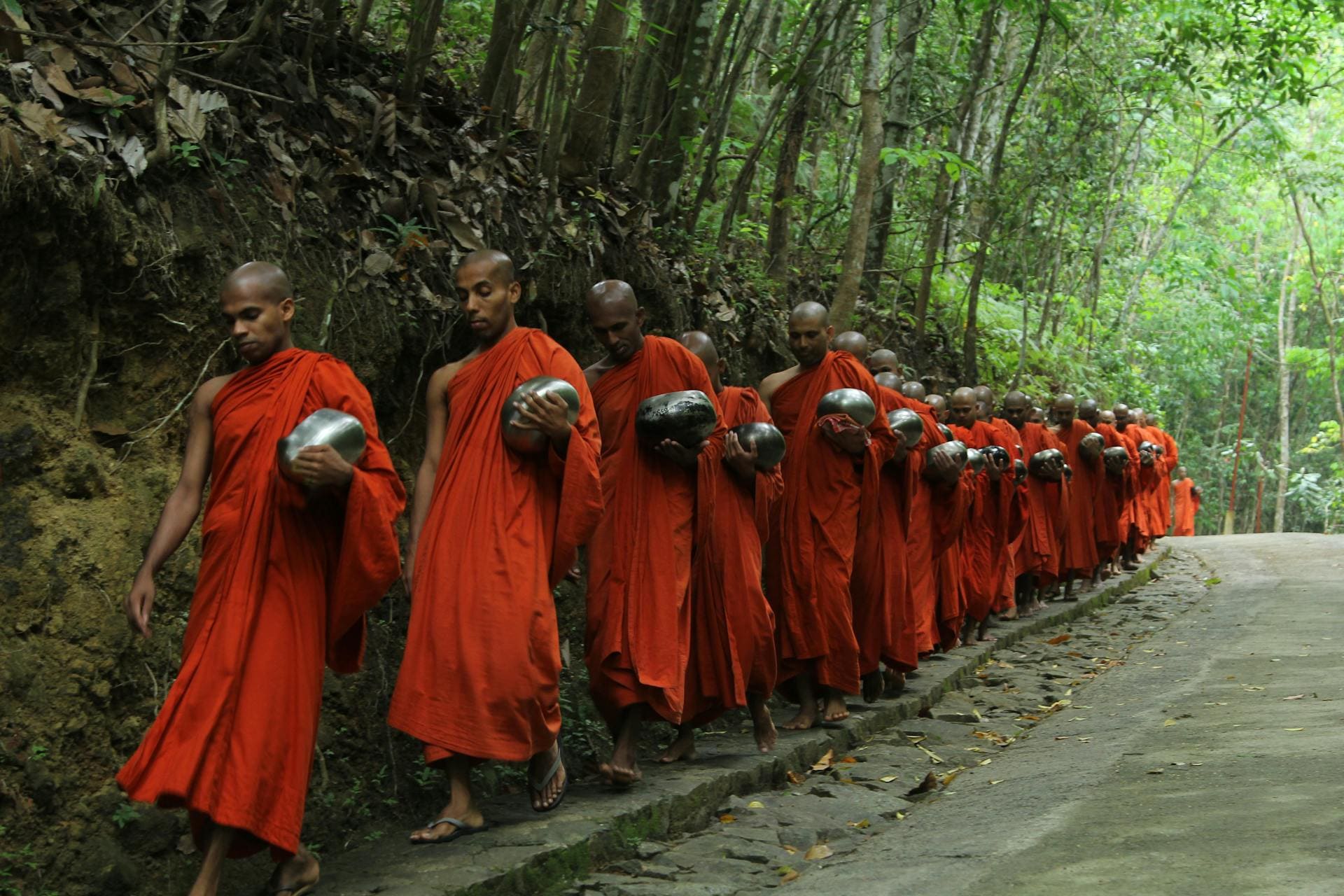Buddhism is a religion that has been practiced for centuries and has spread across the globe. It is known for its teachings on compassion, wisdom, and mindfulness.
One aspect of Buddhism that is often celebrated is its holidays and festivals. These events are based on the lunar calendar and vary depending on the region and tradition.
One of the most important Buddhist holidays is Vesak, also known as Buddha Day. It is celebrated on the first full moon day in May and is a commemoration of the birth, enlightenment, and death of the Buddha.
Buddhists around the world celebrate this day by cleaning temples, decorating them with flowers and banners, and participating in various religious activities.
Other Buddhist holidays and celebrations include Bodhi Day, Dharma Day, and Kathina.
If you’re interested in learning more about Buddhist holidays and celebrations, this guide provides a full list of events and their meanings.
From the most important festivals to the lesser-known ones, this guide will give you a comprehensive understanding of the significance and traditions of each celebration.
Whether you’re a Buddhist practitioner or simply curious about the religion, this guide is a great resource to learn more about the rich history and culture of Buddhism.
Buddhist Calendar
The Buddhist calendar is a lunar calendar that is used to mark important dates and events in the Buddhist tradition. The calendar divides a common year into 12 months, alternating between 29 and 30 days.
While this basic structure is common to all variants of the Buddhist calendar, the names of the months are different in each language. In some versions, numbers are used instead of names.
Many of the most important Buddhist holidays and celebrations are tied to the lunar calendar, and fall on the full moon or new moon. For example, Vesak, the most important holiday in Buddhism, falls on the first full moon in May. This celebration commemorates Buddha’s birth, enlightenment, and death.
That is why some call this holiday “Buddha Day.” Like most Buddhist holidays, celebratory traditions can be diverse.
The Buddhist calendar is used with slight differences in Thailand, Laos, Cambodia, Myanmar, and Sri Lanka, the countries of the spread of Theravada Buddhism.
All major significant dates in Thai culture are tied precisely to the lunar calendar. So, the key Buddhist holidays fall on the full moon, the 15th day, and the new moon.
Some of the most important holidays in the Buddhist calendar include:
- Vesak – Celebrates Buddha’s birth, enlightenment, and death
- Magha Puja – Commemorates a special sermon given by Buddha
- Asalha Puja – Celebrates Buddha’s first sermon
- Kathina Ceremony – Marks the end of the rainy season retreat for monks
- Uposatha – A monthly observance day for lay Buddhists and monastics
While the Buddhist calendar is primarily used to mark important holidays and events, it is also used for daily devotional practices such as chanting and meditation.
It is an important part of Buddhist culture and tradition, and serves as a reminder of the teachings and practices of Buddha.
Buddhist Holidays
Buddhist holidays are often a mix of secular and religious practices, and the way they are observed can vary considerably from one tradition and culture to another.
Here are some of the most important Buddhist holidays celebrated around the world:
- Vesak: The Buddha’s birthday is known as Vesak and is one of the major festivals of the year. It is celebrated on the first full moon day in May, or the fourth lunar month which usually occurs in May or during a lunar leap year, June.
- Bodhi Day: The day of Shakyamuni’s enlightenment is celebrated by millions of Buddhists around the world.
- Dharma Day: The holiday of Asalha Puja celebrates the Buddha’s first teaching in Sarnath.
- Kathina: The festival of Kathina occurs at the end of the three-month-long rainy season retreat in Theravada countries.
- Losar: The New Year celebration for Buddhists doesn’t take place on January 1st! In Theravada Buddhism, the New Year is celebrated for three days after the first full moon in April. In the Mahayana tradition, it takes place during the first full moon in January. Tibetan Buddhists celebrate the New Year, or “Losar,” in March.
These are just a few examples of Buddhist holidays celebrated around the world. It’s important to note that the way these holidays are celebrated can vary greatly depending on the culture and tradition.
Some holidays may be more prominent in certain regions or countries, while others may not be celebrated at all.
Regardless of how they are celebrated, Buddhist holidays offer a time for reflection, gratitude, and celebration of the teachings and life of the Buddha.
They provide an opportunity for Buddhists to come together as a community and deepen their spiritual practice.
Mahayana Holidays
Mahayana Buddhism celebrates a variety of holidays throughout the year, each with its own unique significance and traditions.
Here are some of the most important Mahayana holidays:
| Holiday | Date | Significance |
|---|---|---|
| Bodhi Day | December 8 | Celebrates the day the Buddha attained enlightenment |
| Vesak | First full moon day in May | Celebrates the Buddha’s birth, enlightenment, and death |
| Ullambana | 15th day of the 7th lunar month | Celebrates the Buddha’s descent from heaven to save his mother and other beings from suffering |
| Parinirvana Day | February 15 | Commemorates the Buddha’s death and entry into final nirvana |
Bodhi Day, also known as Rohatsu in Japan, is one of the most important holidays in Mahayana Buddhism. It celebrates the day the Buddha attained enlightenment under the Bodhi tree.
Buddhists around the world mark this occasion with meditation, prayer, and other spiritual practices.
Vesak, also known as Buddha Day or Buddha’s Birthday, is another important Mahayana holiday. It celebrates the Buddha’s birth, enlightenment, and death, and is usually observed on the first full moon day in May.
Buddhists clean and decorate temples with flowers and banners, and pour water scented with flower petals over an image of the baby Buddha to purify their hearts.
Ullambana, also known as Ghost Festival or Hungry Ghost Festival, is a Mahayana holiday that celebrates the Buddha’s descent from heaven to save his mother and other beings from suffering.
Buddhists offer food, incense, and other offerings to their ancestors and deceased loved ones, and perform acts of kindness to help alleviate the suffering of all beings.
Parinirvana Day, also known as Nirvana Day, commemorates the Buddha’s death and entry into final nirvana.
This holiday is usually observed on February 15 in Mahayana countries like China, Vietnam, and the Philippines.
Buddhists mark this occasion with meditation, prayer, and other spiritual practices to honor the Buddha’s life and teachings.
Theravada Holidays
Theravada Buddhism, also known as Southern Buddhism, is practiced mainly in Sri Lanka, Thailand, Myanmar, Laos, and Cambodia.
Here are some of the major holidays celebrated in Theravada Buddhism:
| Holiday | Date | Description |
|---|---|---|
| Magha Puja | February or March (full moon day of the third lunar month) | Celebrates the day when 1,250 of Buddha’s disciples spontaneously gathered to hear him preach. |
| Vesak | May (full moon day of the fourth lunar month) | Commemorates the birth, enlightenment, and death (parinirvana) of Gautama Buddha. |
| Asalha Puja | July (full moon day of the eighth lunar month) | Also known as Dharma Day, it marks the day when Buddha gave his first sermon after attaining enlightenment. |
| Uposatha | Monthly (on the new moon, full moon, and quarter moon days) | A day of observance and meditation, when Buddhists reaffirm their commitment to the Eight Precepts. |
Theravada Buddhists also celebrate the following holidays:
- Adhiṭṭhāna Day – celebrates the determination of the Buddha to attain enlightenment
- Kathina Ceremony – marks the end of the rainy season retreat for monks
- Sanghamitta Day – honors the daughter of Emperor Ashoka who brought a sapling of the Bodhi tree to Sri Lanka
- Abhidhamma Day – commemorates the day when Buddha taught the Abhidhamma to his mother in the Tavatimsa heaven
These holidays are important occasions for Theravada Buddhists to deepen their understanding of the teachings of the Buddha, to meditate, and to perform acts of generosity and kindness.
Vajrayana Holidays
Vajrayana Buddhism has several holidays throughout the year, which are celebrated by practitioners of Tibetan Buddhism. These holidays are primarily based on the lunar calendar and are observed with various rituals and practices.
Below is a list of some of the most important Vajrayana holidays:
| Holiday Name | Date | Significance |
|---|---|---|
| Losar | First day of the Tibetan New Year (usually in February or March) | Celebrates the beginning of the new year and is a time for purification and renewal |
| Saga Dawa | Full moon day in the fourth lunar month (usually in May or June) | Celebrates the birth, enlightenment, and death of the Buddha |
| Drukpa Tse Shi | Fourth day of the sixth lunar month (usually in July) | Celebrates the first sermon given by the Buddha and is a time for meditation and reflection |
| Chokhor Duchen | Fourth day of the seventh lunar month (usually in August) | Celebrates the first teaching given by the Buddha and is a time for making offerings and practicing generosity |
| Lhabab Duchen | Twenty-second day of the ninth lunar month (usually in October or November) | Celebrates the descent of the Buddha from the heavenly realms and is a time for making offerings and practicing generosity |
These holidays are observed by Tibetan Buddhists around the world and are an important part of their spiritual practice.
While the specific rituals and practices associated with each holiday may vary, they all serve as reminders of the Buddha’s teachings and the importance of cultivating compassion, wisdom, and inner peace.
Buddhist Festivals
Buddhism has numerous festivals, and each festival is celebrated with a unique set of customs and rituals.
Here are some of the most popular Buddhist festivals:
- Vesak: Vesak, also known as Buddha Day, is one of the most important festivals for Buddhists. It commemorates the birth, enlightenment, and death of the Buddha. The festival is celebrated on the first full moon day in May or June.
- Asalha Puja: Asalha Puja, also known as Dharma Day, is celebrated on the full moon day in July. It commemorates the Buddha’s first sermon to his disciples.
- Uposatha: Uposatha is a Buddhist day of observance that occurs four times a month. On these days, Buddhists practice meditation, make offerings to the Buddha, and follow the precepts.
- Kathina: Kathina is a festival that is celebrated at the end of the Vassa, or the rainy season retreat. During the festival, laypeople offer robes and other necessities to the monks.
- Magha Puja: Magha Puja, also known as Sangha Day, is celebrated on the full moon day in February or March. The festival commemorates the day when 1,250 arahants, or enlightened disciples of the Buddha, gathered to hear him preach.
These festivals are an important part of Buddhist culture and are celebrated by Buddhists all over the world.
They offer an opportunity for Buddhists to come together, celebrate their faith, and deepen their understanding of the teachings of the Buddha.
Buddhist Celebrations
Buddhism celebrates many holidays and festivals throughout the year. These celebrations are observed as a way of honoring important figures, moments, and themes in Buddhist tradition.
The annual calendar within Buddhist communities is populated with holidays and festivals for reflection and gathering together. One of the most important Buddhist holidays is Vesak, also known as Buddha Day.
It falls on the first full moon in May and commemorates Buddha’s birth, enlightenment, and death.
Celebratory traditions can be diverse, but they often include lighting lanterns, chanting, and giving to charity.
Another major holiday is Asalha Puja Day or Dharma Day, which is celebrated on the full moon in July.
It honors the Buddha’s first teachings of the Dharma to the five hermits in the Deer Park at Benares. The day marks the beginning of the Buddhist sangha, and it is often celebrated with meditation, chanting, and offerings.
Other Buddhist celebrations include:
- Magha Puja Day: Celebrated on the full moon day of the third lunar month, Magha Puja Day commemorates the day when 1,250 arahants (enlightened disciples) gathered to hear the Buddha’s teachings.
- Uposatha: This is a monthly observance day for Buddhists. It falls on the full moon, new moon, and quarter moon days, and it is a time for meditation, reflection, and making offerings.
- Kathina Ceremony: This is a traditional Buddhist ceremony that takes place after the end of the three-month Buddhist Lent period. It involves offering robes and other items to the sangha.
- Abhidhamma Day: Celebrated on the full moon day of the seventh lunar month, Abhidhamma Day commemorates the Buddha’s teachings on the Abhidhamma, which is a collection of Buddhist scriptures that deal with the nature of reality.
These celebrations and holidays are an important part of Buddhist tradition and provide opportunities for reflection, connection, and spiritual growth.
Conclusion
Buddhism is a religion that has a rich history and culture. The holidays and celebrations that are observed by Buddhists are a reflection of the important figures, moments, and themes in Buddhist tradition.
These holidays can vary significantly in different cultures, but they all offer an opportunity for Buddhists to reflect on the themes and practices of their faith.
From Vesak, the most important Buddhist holiday, to the Ploughing Festival, which celebrates the beginning of the planting season, Buddhist holidays and celebrations are a time for reflection, gathering together, and honoring important figures and teachings.
Whether you are a practicing Buddhist or simply interested in learning more about this fascinating religion, understanding the holidays and celebrations that are observed by Buddhists can provide insight into the rich history and culture of this ancient faith.
We hope this guide has been helpful in providing a comprehensive list of Buddhist holidays and celebrations, as well as some insight into their significance and how they are observed.
Whether you are celebrating Vesak, Losar, or any of the other Buddhist holidays and celebrations, we wish you peace, happiness, and enlightenment on your journey.
